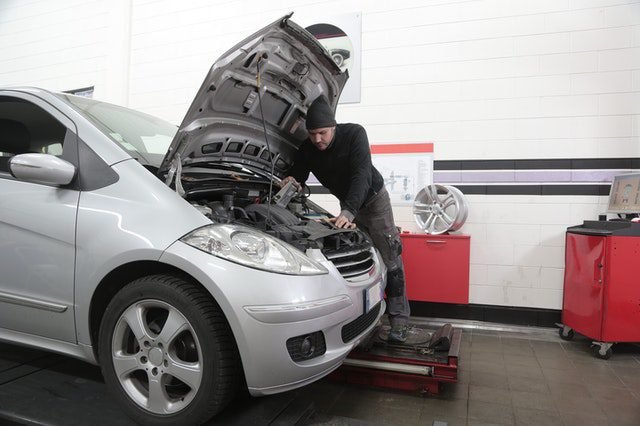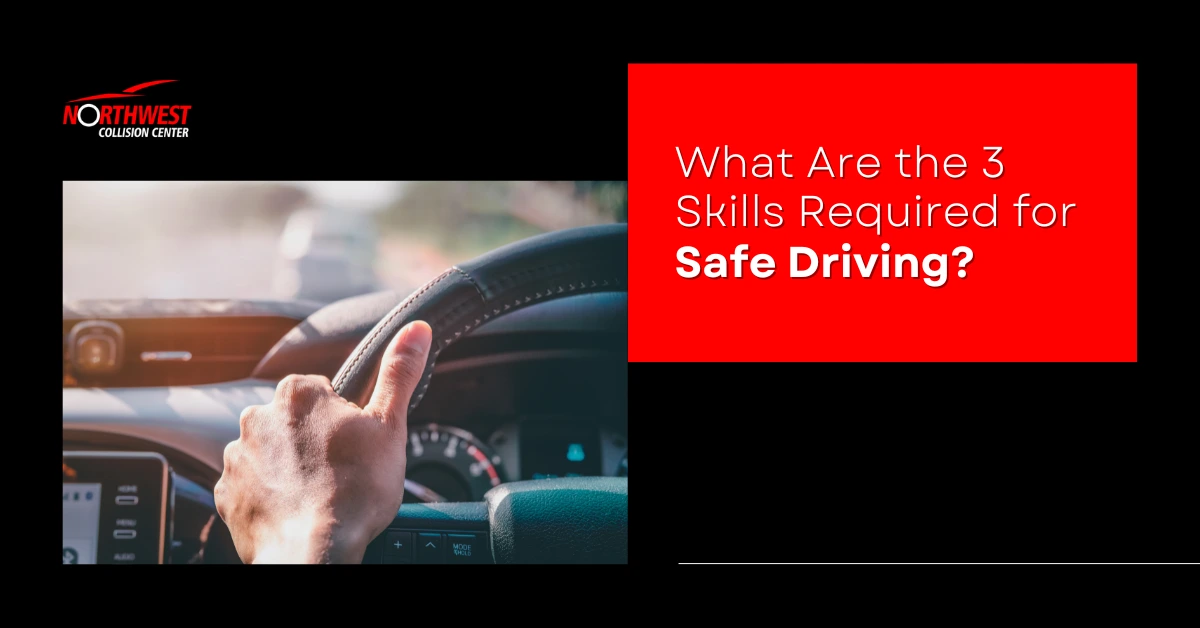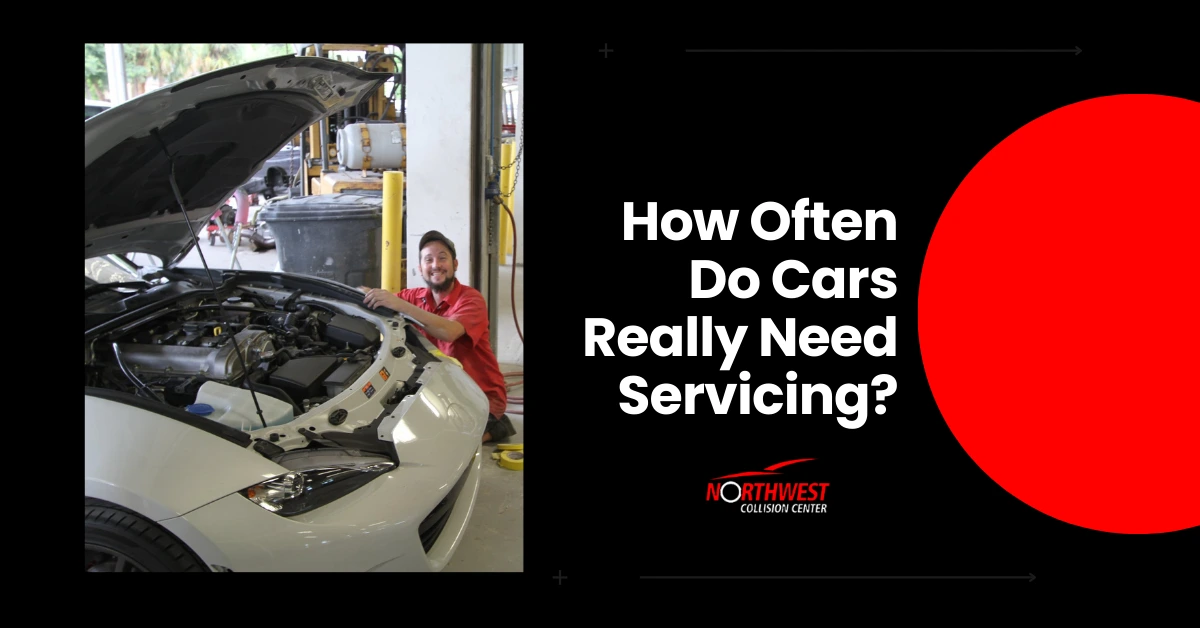It’s too easy to get caught up in the hype when you’re looking for auto body repair. It really is. For one, there are many local companies in your area that have many “legendary” mechanics and body men working for them. These people have reputations that precede them.
This is well and good, but at the end of the day; you’re not really paying for prestige. You’re not really paying for social status. What you’re paying for is to get quality work done. Always keep this in mind. In many cases, if you’re not paying attention to the actual collection of services that you’re paying for, you might end up paying too much for work that is really over the top. At the very least, you might end up paying too much for a quality that you could have gotten at a lower price elsewhere.
Keep the following considerations in mind as far as infrastructure is concerned. This way, you can establish a fair balance between reputation and quality so that you can walk away with the high level and high-quality auto body repair work that you want without burning a hole through your pocket.
Proper repair equipment
At the very least, the auto body repair shop you’re thinking of doing business with must have the proper equipment. Let’s face it, even if they have the very best craftsmen on the planet, unless they’re going to be working completely manually, if they don’t the proper repair equipment, you’re just wasting your time. You’re basically just paying for a lot of work over an extended period of time that could have been easily done for much cheaper elsewhere. Don’t fall for this manual craftsmanship excuse. It’s not like you’re having a Ferrari fixed.
Fast parts order and replacement system
What’s the point of going to a high-quality auto body repair shop if your car is going to sit there for weeks and weeks? One key sign of a truly professional auto body repair outfit is when they get your car in quickly, work in your car very efficiently, and get your car out as soon as possible.
You have to remember that the longer your car is at the shop, the more of an inconvenience it would be for you because you either have to rent a replacement, or you have to use your second car. Either way, it involves cash out of your pocket.
Solid repair equipment
It’s one thing for the company to have the proper repair equipment. It’s another for them to have really high-precision high-value repair equipment. What’s the difference?
Well, high-quality craftsmanship often involves high-precision equipment. This not only saves time but also ensures the quality of work you get is so high that you won’t be back at that auto body repair shop time and time again to resolve an issue that could have been fixed with the right kind of equipment the first time around.
High-quality technicians
High-quality technicians all have really one thing in common: They pay a high attention to detail. That’s the bottom line. In addition to having lots of solid work experience, they really have an eye for detail because this is really the big difference between a sloppy technician and a technician who is really worth his or her salt.
You need to have your car worked on by people who are truly passionate about their craft. These people shouldn’t really look upon their jobs as a way of paying the bills or putting food on the table. These are people who are so passionate about auto body repair work that they really are looking to produce the very best repairs for your particular case.










